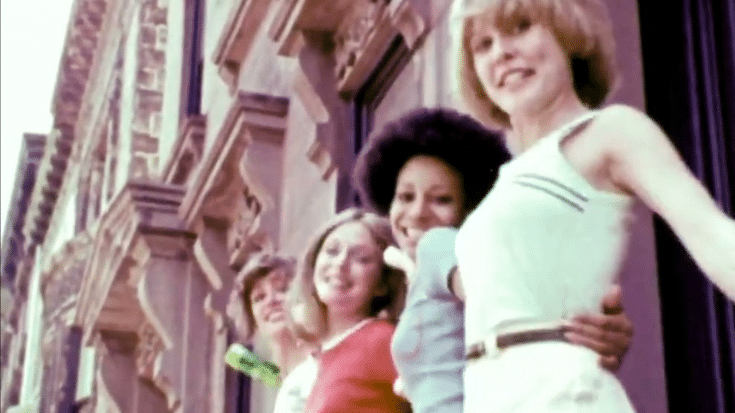6 Worst Retro Commercials from the 70s

via tvdays / YouTube
The 1970s brought an explosion of creativity in advertising, but not all ideas were winners. Some commercials from the decade missed the mark, leaving audiences baffled or uncomfortable. These six retro ads stand out for their strange concepts, poor execution, or outdated messaging that hasn’t aged well.
1. Nair’s “Who Wears Short Shorts?”
Nair’s infamous “Who Wears Short Shorts?” commercial featured women showcasing smooth legs while a catchy jingle played. Though memorable, the ad felt overly gimmicky, relying on repetitive lyrics and a somewhat awkward tone that overshadowed the product itself.
For some viewers, it was more cringeworthy than engaging. The ad’s simplicity and lack of subtlety made it one of the 70s’ less successful marketing attempts.

2. Pearl Drops Tooth Polish
The Pearl Drops Tooth Polish ad claimed it would give users a “tingly, exciting feeling.” While the product aimed to be innovative, the commercial came across as uncomfortably sensual, focusing too much on dramatized close-ups of people licking their teeth.
This approach left many viewers uneasy. Instead of highlighting dental care benefits, the ad became remembered for its overly suggestive tone, which missed the mark with broader audiences.

3. Geritol “My Wife, I Think I’ll Keep Her”
Geritol’s ad for its multivitamins featured a man expressing gratitude for his wife, followed by the now-infamous line, “I think I’ll keep her.” While it intended to show appreciation, the message came across as dismissive, suggesting women were possessions rather than equals.
The ad sparked criticism even in the 70s. Its tone and phrasing quickly became outdated, leaving it as an example of how cultural norms can shift, making certain ads feel out of place over time.

4. Ajax’s “Stronger Than Dirt”
Ajax’s 70s ad leaned heavily on a jingle boasting about being “stronger than dirt.” While the concept was simple, the over-the-top delivery, including exaggerated animations and repetitive slogans, made it grating rather than effective.
Audiences found the ad more annoying than convincing. Instead of focusing on the cleaning product’s effectiveness, it relied on gimmicks that failed to leave a positive impression.

5. McDonald’s “Ronald McDonald’s Creepy Side”
McDonald’s 70s commercials often featured Ronald McDonald, but some of the clown’s portrayals veered into unsettling territory. With strange movements and overly dramatic smiles, the character sometimes came off as more creepy than friendly, especially to younger audiences.
While the brand intended to appeal to families, these ads unintentionally alienated some viewers. Ronald’s odd behavior in certain spots gave him an unintentional eeriness that hasn’t aged well.

6. Kent Cigarettes’ “Healthy Smoking” Claims
Kent Cigarettes ran ads in the 70s promoting their “micronite filter,” claiming it offered a “healthier” smoking experience. These commercials suggested a bizarre link between health and cigarettes, ignoring growing awareness of smoking’s risks.
This misleading approach made the ads feel dishonest. As public knowledge about smoking’s dangers grew, these campaigns became glaring examples of questionable advertising ethics from the era.












